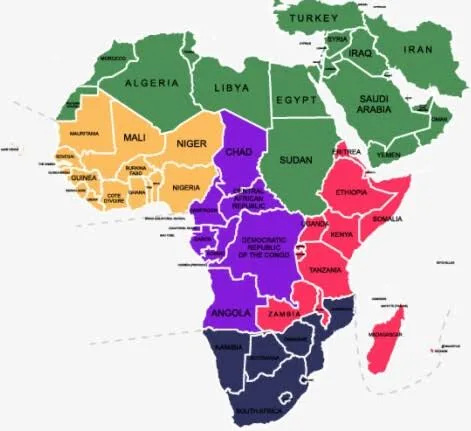The Middle East and North Africa have witnessed unprecedented levels of violence and conflict in recent years, with children bearing the brunt of the devastation. According to a recent report by UNICEF, the conflicts in the region have killed, maimed, or displaced over 12 million children in the last two years alone.
The report paints a grim picture of the situation on the ground, with children facing unimaginable horrors, including bombings, shootings, and displacement. Many have been forced to flee their homes, seeking safety in overcrowded shelters or with host families. The trauma and stress caused by these experiences will have long-lasting effects on the mental and emotional well-being of these children.
The conflicts in countries such as Syria, Yemen, Libya, and Palestine have resulted in widespread destruction, with many areas reduced to rubble. The impact on children has been catastrophic, with many facing severe shortages of food, water, shelter, and medical care.
“Children in the Middle East and North Africa are paying the price for conflicts they did not create,” said UNICEF’s Regional Director for the Middle East and North Africa.

“The international community must come together to protect these children and ensure they receive the support and care they need to recover from the trauma they’ve experienced.”
The report highlights the urgent need for humanitarian assistance, including food, shelter, healthcare, and education. UNICEF is working tirelessly to provide aid to affected children, but the organization warns that more needs to be done to address the scale of the crisis.
Key Statistics:
- 12 million children: Killed, maimed, or displaced in the last two years due to conflicts in the region.
- 6 million children: In need of humanitarian assistance in Syria alone.
- 2.5 million children: Displaced in Yemen, with many facing severe shortages of food, water, and medical care.
- 1.5 million children: In need of humanitarian assistance in Libya, with many facing displacement and trauma.
Call to Action:
The international community must prioritize the protection of children in conflict zones and ensure they receive the support and care they need. This includes:
- Increased humanitarian assistance: To provide essential services, including food, shelter, healthcare, and education.
- Protection of civilians: Parties to the conflict must prioritize the protection of civilians, including children.
- Peace negotiations: The international community must work towards a peaceful resolution to the conflicts in the region.
The future of the Middle East and North Africa depends on the well-being and safety of its children. The international community must act now to protect and support these children, ensuring they have a chance to recover from the trauma they’ve experienced and build a better future.
